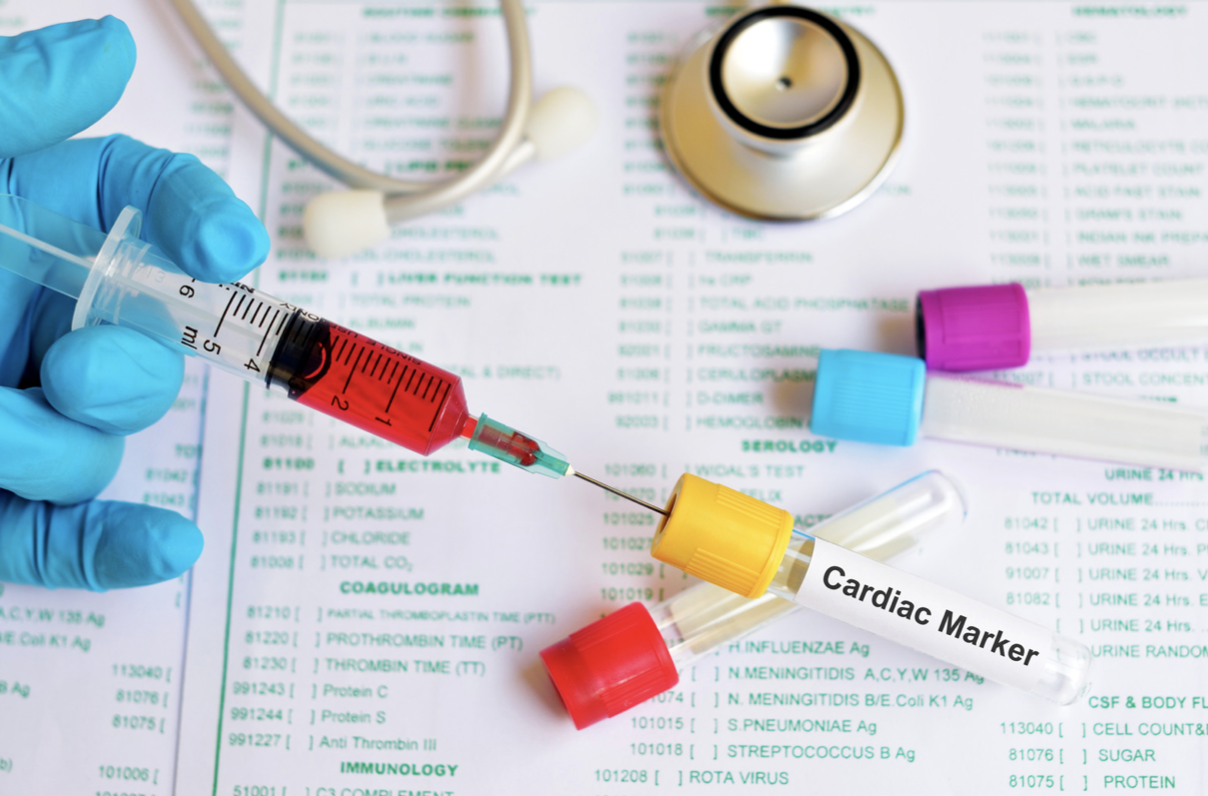The pain in the hollow of my chest, oppressive, threatening...
Perhaps you've heard of angina pectoris?
This medical condition, which is less well known than myocardial infarction orhypertensionis no less worrying.
In fact, angina pectoris, also known as angina, can be a warning signal that the heart isn't getting enough oxygen. 🫀
Unfortunately, the lack of knowledge surrounding this condition tends to generate often unnecessary anxiety and can, in some cases, delay the search for appropriate medical care.
So how about demystifying angina pectoris together?
Over the course of this article, we'll explore its causes, typical symptoms and currently available treatments.
We hope to shed some light on this sometimes nebulous subject. 👇
Angina pectoris explained in a nutshell
Angina pectoris, while not a disease in itself, is a serious symptom that deserves our full attention.
It's a warning sign of coronary heart disease, a condition that affects the arteries that supply our hearts with oxygen and nutrients.
These arteries, when narrowed or blocked by the presence of atheromatous plaques - fatty deposits - can give rise to angina pectoris. 🫀
Chest pain, often described as a pressure or hugging sensation, usually centered or to the left of the chest, is the most common manifestation of angina pectoris.
It results from reduced blood supply to the heart.
When the heart is starved for blood, it reacts by "shouting" its hunger through the pain we feel.
This is a crucial warning signal that must not be ignored.
Recognizing the symptoms of angina 🕵️♀️
Angina pectoris can manifest itself in different ways.
Chest pain is the most common symptom.
This pain may spread to your arms, neck, jaw or back.
Some people describe this pain as a feeling of pressure, heaviness or suffocation. 🌡️
But there's more to angina than chest pain.
It can also manifest as unusual fatigue, shortness of breath that may seem disproportionate to the effort involved, inexplicable nausea, sudden sweating, dizziness or even fainting.
It is imperative to consult a healthcare professional if you experience one or more of these symptoms.
Chest pain can signal a variety of serious health problems, including a heart attack. ☝️
Consequently, ignoring these signs can have disastrous consequences for your heart health.
The long-term consequences of angina pectoris
Angina pectoris is a symptom of a more serious disease, coronary artery disease, which can have serious long-term consequences.
When the heart doesn't receive enough blood, it can weaken the heart muscle over time, leading to heart failure.
Heart failure is a serious condition that can lead to reduced quality of life, frequent hospitalization and even death. 🏥
What's more, if an artery is completely blocked, it can lead to a heart attack.
Heart attacks are life-threatening medical emergencies requiring immediate treatment.
Importance of early detection and treatment to prevent complications 🎯
It is therefore essential to detect angina pectoris as early as possible to prevent complications.
If you have symptoms, don't ignore them.
Consult your doctor to discuss treatment options.
Treatment options may include medication, lifestyle modifications and, in some cases, surgery. 🩺
The earlier you start treatment, the better your chances of living a healthy life.
Strategies for managing angina and preserving a healthy heart 💡
Now that we've covered the symptoms and consequences of angina, it's time to explore strategies for managing it effectively.
Let's welcome together the next section, where we unveil strategies for controlling and living with angina. 👇
The different medical treatments available for angina pectoris
There are several medical treatments available for angina pectoris, including drugs and surgery.
Medication can help relieve pain, improve blood flow to the heart and prevent future angina attacks.
Medications may include nitrates, beta-blockers, angiotensin-converting enzyme (ACE) inhibitors and statins. 💉
In some cases, surgery may be required to restore blood flow to the heart.
These procedures can include angioplasty, a surgical procedure that uses a balloon to open a blocked artery, or coronary artery bypass grafting, an operation that uses a vein or artery from another part of the body to bypass a blocked artery.
Lifestyle changes to help manage and prevent angina pectoris
In addition to medical treatments, lifestyle modifications can also help manage and prevent angina pectoris.
This may include :
🏃 Regular physical activity: Exercise can help strengthen your heart and improve circulation, which can help reduce angina symptoms.
Consult your doctor before starting a new exercise program to make sure it's safe for you.
🍎 Balanced diet: A healthy diet can help reduce your risk of heart disease.
Try to eat plenty of fruits, vegetables, whole grains and lean proteins, and limit your intake of saturated fats and sugar. 🍎
💤 Quality sleep: Quality sleep is essential for heart health.
Try to get enough sleep every night, and consult a health professional if you have problems sleeping.
☕ Avoid stimulants: Certain stimulants, such as caffeine, alcohol and tobacco, can increase your risk of heart disease.
Try to limit or avoid these substances to protect your heart.
In short, understanding angina is essential to protecting your heart. 🫀
Recognizing symptoms early and seeking medical attention can save your life.
But remember, prevention is the best treatment.
Adopting healthy habits such as regular exercise, a balanced diet, quality sleep and avoiding stimulants, can help keep your heart healthy. 🥗
Always consult a healthcare professional if you have any concerns.
Your heart will thank you! ❤️
Don't hesitate to contact Cardio Laval, your trusted partner in heart health, for an in-depth evaluation and personalized advice. 🧑⚕️
Our team of qualified professionals will help you manage your symptoms and provide you with the appropriate care to ensure optimal heart health.
For more advice, book an appointment at one of our four clinics in Mascouche, Laval, Piedmontand Vaudreuil-Dorion. 🏢







